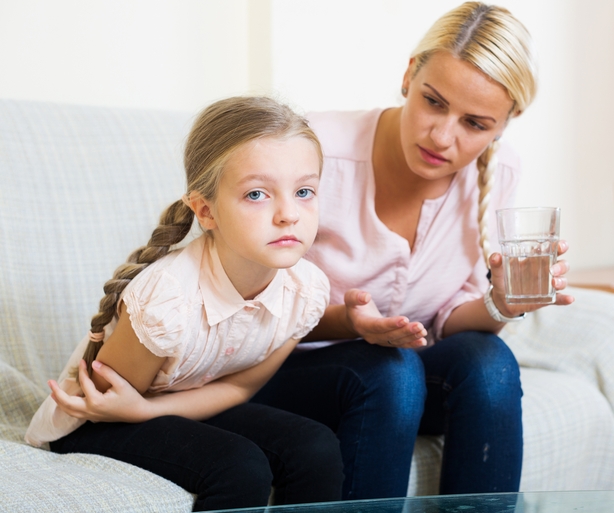Clinical psychologist David Coleman joined Sean O'Rourke on RTÉ Radio 1 this morning to discuss bad news stories and their effect on children. David says that the impact of traumatic news stories on children can present itself in a variety of ways.
"Really it's about parents being aware of some of those signs so things like; maybe nightmares, maybe the children becoming a bit more clingy, maybe there's some aggression at home or in school, children getting stomach aches. I suppose there's a whole range of different things that it could be but the key thing really for any parent to look out for is just some kind of change typically in their child's behaviour that they seem more anxious in some way."

David is quick to point out that the response we give as a parent is just as important as the response of the child. Children look to their parents for reassurance and if you look shocked, stressed or upset then they will pick up on that and become distressed. Our responses can impact children as young as eighteen months!
"You have to remember small children and babies and that age group of eighteen months - they're soaking in language all the time and their receptive language is going to be better than their expressive language so they're going to understand more than they can necessarily say."
Parents need to offer context to children when it comes to bad news stories. Sean points out that children must be relating to the latest news stories and the front page newspaper articles of children suffering in Aleppo. David says that this is absolutely the case and urges parents to offer assurance to their children.
"We have to offer some context. We have to explain as best we can what that's about, why that's happening because at some level we need to understand - What is it that they know? What sense are they already making about it? So you might ask them some follow up questions about what it is they've seen."

After you've found out their thought and shared you're own explanation of the facts. It can be helpful to offer some reassurance to your kids in a practical and honest way.
"You can never give a cast iron guarantee in terms of reassuring your child that 'this won't ever happen' or 'that can't ever happen'."
Instead of denying the possibility of bad things happening it is better to assure your children that it's very unlikely that anything will happen to them as the level of risk and danger is very low.
To listen to the full interview with Sean O'Rourke and David Coleman click here!


